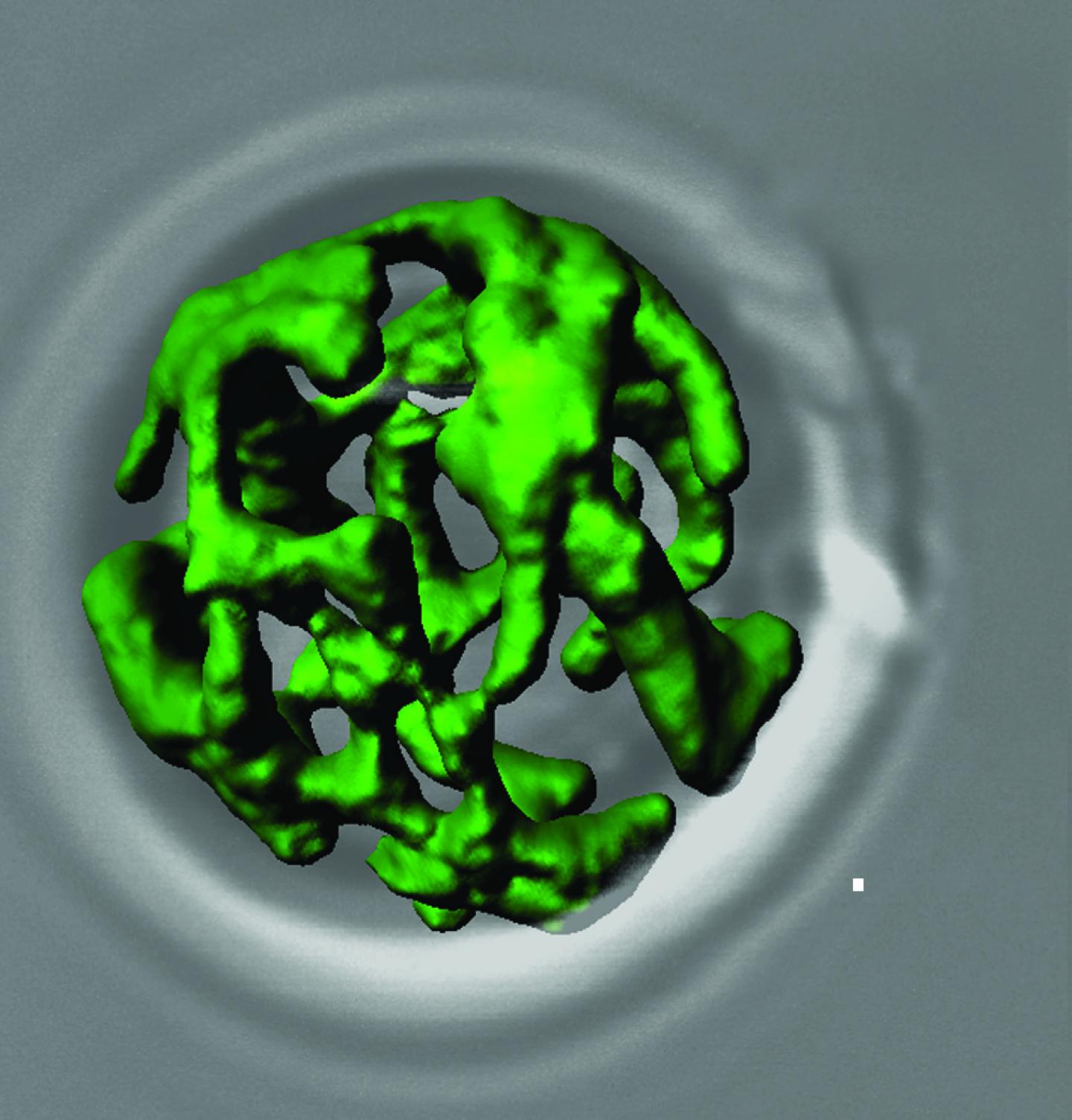현재 위치:홈 > 뉴스현황 > Press Events > Proteins Mapped in D...
저자: 업로드:2017-08-22 조회수:
Mitochondria are the cell's
power stations; they transform the energy stored in nutrients so that cells can
use it. If this function is disturbed, many different diseases can develop that
often affect organs with a high metabolism, like the brain or the heart.
The research labs at the University of Freiburg led by Prof. Dr. Chris Meisinger and Dr. Nora Vögtle from the Institute of Biochemistry and Molecularbiology have collaborated with scientists from the Leibniz Institute for Analytical Sciences (ISAS) in Dortmund to successfully map the landscape of proteins in the different reaction chambers, or subcompartments, of mitochondria for the first time. They presented their research (“Landscape of Submitochondrial Protein Distribution”) in the scientific journal Nature Communications.

“The mitochondrial proteome comprises ~1000 (yeast)–1500 (human) different proteins, which are distributed into four different subcompartments. The sublocalization of these proteins within the organelle in most cases remains poorly defined,” write the investigators.
“Here we describe an integrated approach combining stable isotope labeling, various protein enrichment and extraction strategies and quantitative mass spectrometry to produce a quantitative map of submitochondrial protein distribution in S. cerevisiae. This quantitative landscape enables a proteome-wide classification of 986 proteins into soluble, peripheral, and integral mitochondrial membrane proteins, and the assignment of 818 proteins into the four subcompartments: outer membrane, inner membrane, intermembrane space, or matrix.
“We also identified 206 proteins that were not previously annotated as localized to mitochondria. Furthermore, the protease Prd1, misannotated as intermembrane space protein, could be re-assigned and characterized as a presequence peptide degrading enzyme in the matrix.”
Until now, researchers were
unable to attribute many of these proteins to one of the four subcompartments,
according to the scientists, who add that this is key to unlocking the exact
mechanism of many metabolic pathways as well as novel functions of previously
unknown proteins.